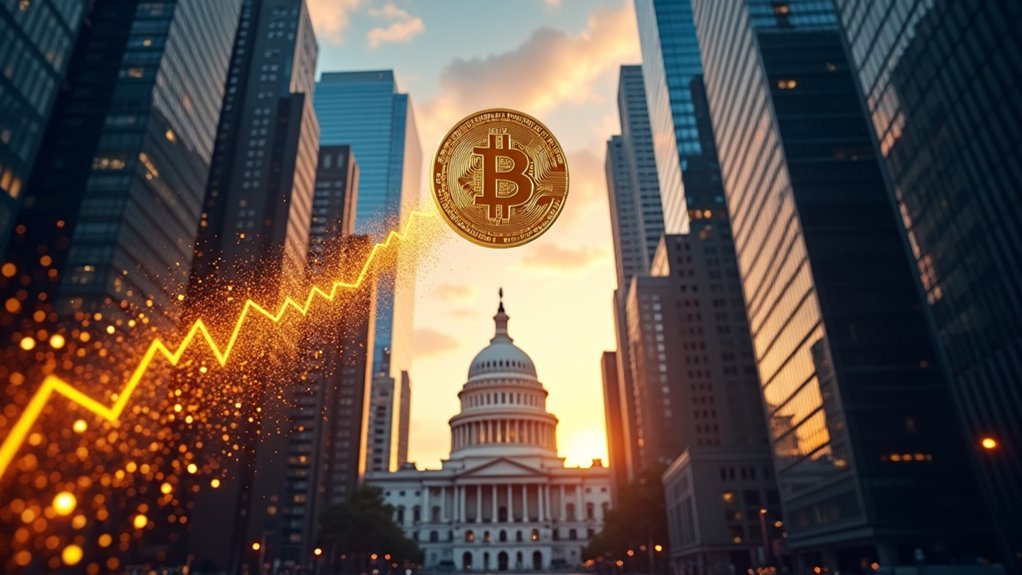The corporate rush to amass Bitcoin treasuries, often financed by precarious debt, represents a reckless flirtation with volatility that any prudent treasury manager would eschew; yet, the allure of quick gains and headline-grabbing announcements continues to override sober judgment. Despite the mounting enthusiasm, regulatory hurdles remain a stark reality, imposing constraints that many corporations either underestimate or sidestep, consequently amplifying systemic risks. Market adoption, though growing, remains uneven and selective, with titans like Meta, Amazon, and Microsoft prudently declining to entangle their balance sheets in the speculative frenzy, underscoring a cautious consensus that Bitcoin’s volatility clashes with traditional fiduciary responsibilities. Companies also see growth potential through Bitcoin price appreciation, which further fuels their aggressive acquisition strategies. The decentralized nature of Bitcoin means transactions occur without intermediaries, adding complexity to corporate treasury management.
Anthony Scaramucci’s critique slices through the hype, warning that the debt-fueled accumulation of Bitcoin treasuries is unsustainable beyond bull markets, where price declines threaten to destabilize corporate finances and erode shareholder value. The enthusiasm for leveraging debt to buy Bitcoin, he contends, is a siren call that could lure companies into precarious financial straits during economic downturns, exposing a reckless disregard for capital preservation—a core treasury principle. Notably, conservative treasury management advocates for the use of non-essential cash reserves, shunning debt, a nuance lost in the clamor to mimic MicroStrategy’s audacious hoarding of nearly half a million Bitcoins. Moreover, Bitcoin’s supply is limited to 21 million units, creating scarcity that can amplify price swings and risk.
This obsession with Bitcoin, veiled as a hedge against inflation and economic uncertainty, glosses over the volatility it injects into corporate balance sheets and the dilution risks when companies issue shares near net asset value to fund purchases. Shareholder approval processes, far from ceremonial, are battlegrounds revealing the skepticism that tempers this trend. In sum, the corporate Bitcoin treasury boom, propelled by speculative fervor rather than sound financial strategy, demands rigorous reevaluation before it morphs from bold innovation into reckless folly. The underlying blockchain technology and security of Bitcoin, while robust, does not mitigate these financial risks.









